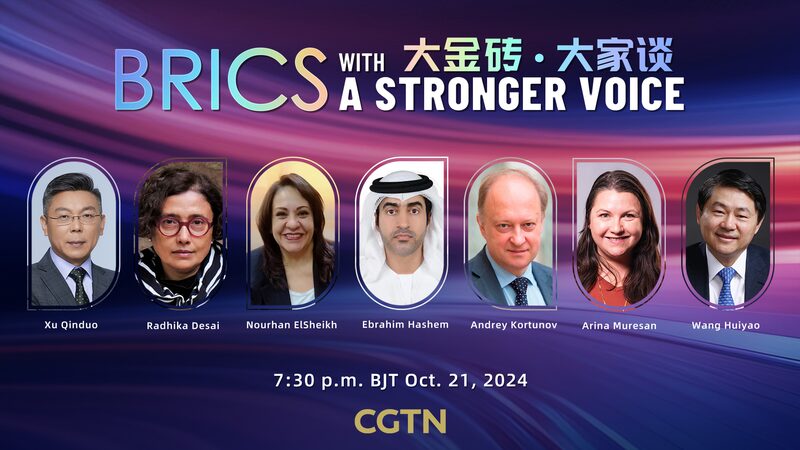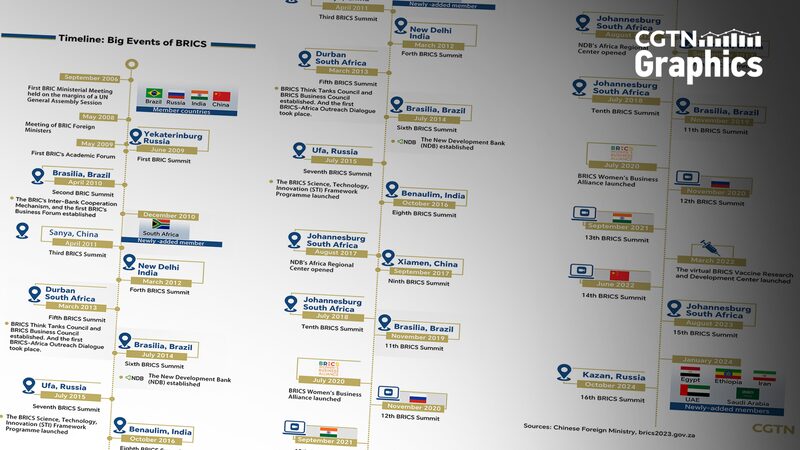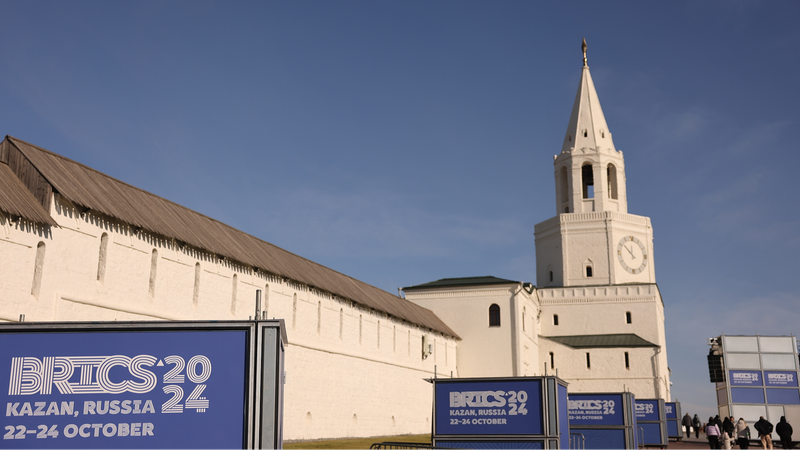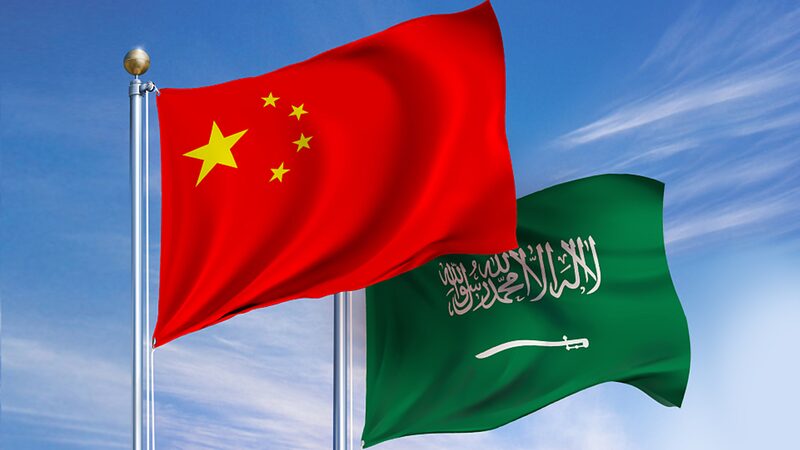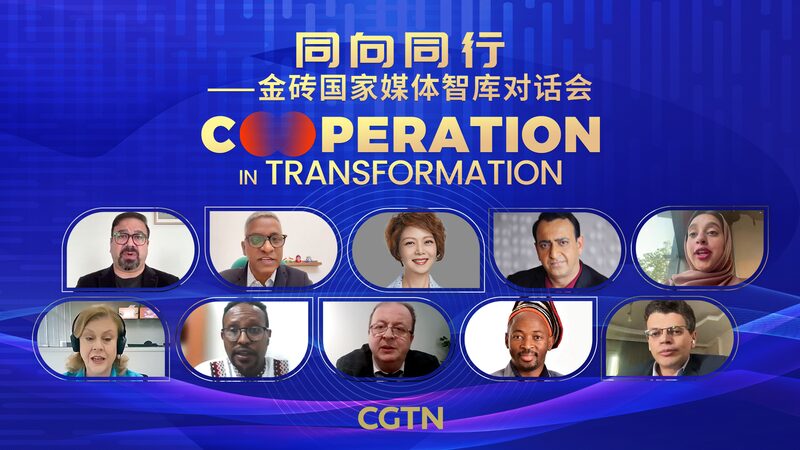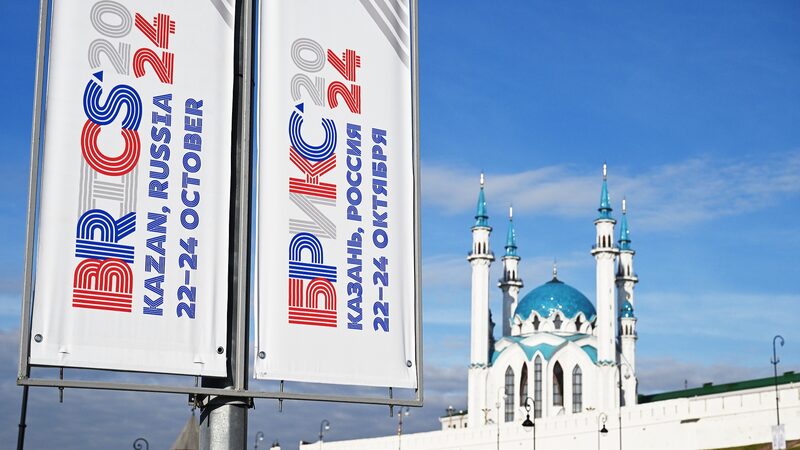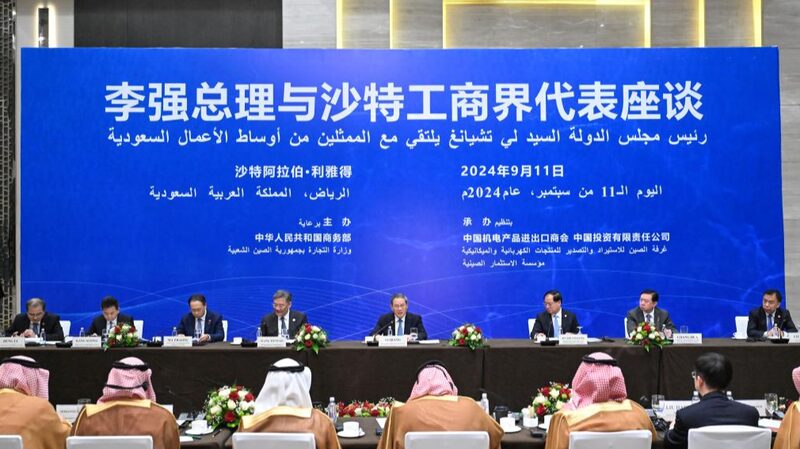Russia is set to host the inaugural summit of “Greater BRICS” in Kazan, the capital of the Republic of Tatarstan, marking a significant milestone in the bloc’s history.
The expansion of BRICS, welcoming Saudi Arabia, Egypt, the United Arab Emirates, Iran, and Ethiopia, propels the bloc past the G7 in terms of combined GDP. With over 30 countries expressing interest in joining, “Greater BRICS” is rapidly gaining global attention.
The summit aims to explore why the bloc is becoming increasingly popular on the world stage. The historic expansion presents new opportunities and challenges for the BRICS mechanism, prompting discussions on how the bloc can adapt and thrive in a changing global landscape.
Experts suggest that the appeal of BRICS lies in its potential to offer an alternative platform for economic cooperation and development, especially for emerging economies seeking to have a stronger voice in global affairs.
The summit will delve into critical questions: What factors are driving nations to align with BRICS? How will the expanded membership impact the bloc’s operations and objectives? With its growing influence, is BRICS positioning itself as a contender to the Western-dominated international order?
Insights will be provided by a panel of distinguished guests, including Wang Huiyao, president of the Center for China and Globalization; Andrey Kortunov, academic director of the Russian International Affairs Council; Professor Radhika Desai from the Department of Political Studies at the University of Manitoba; Arina Muresan, senior researcher at the Institute for Global Dialogue; Ebrahim Hashem, China-based strategist and scholar; and Professor Nourhan ElSheikh from the International Relations Department of Cairo University.
Their perspectives will shed light on the motivations behind the expansion and the future trajectory of BRICS as it navigates the complexities of international relations and economic cooperation.
As the world watches the developments in Kazan, the “Greater BRICS” summit represents a pivotal moment in redefining global economic alliances and the balance of power.
Reference(s):
cgtn.com
